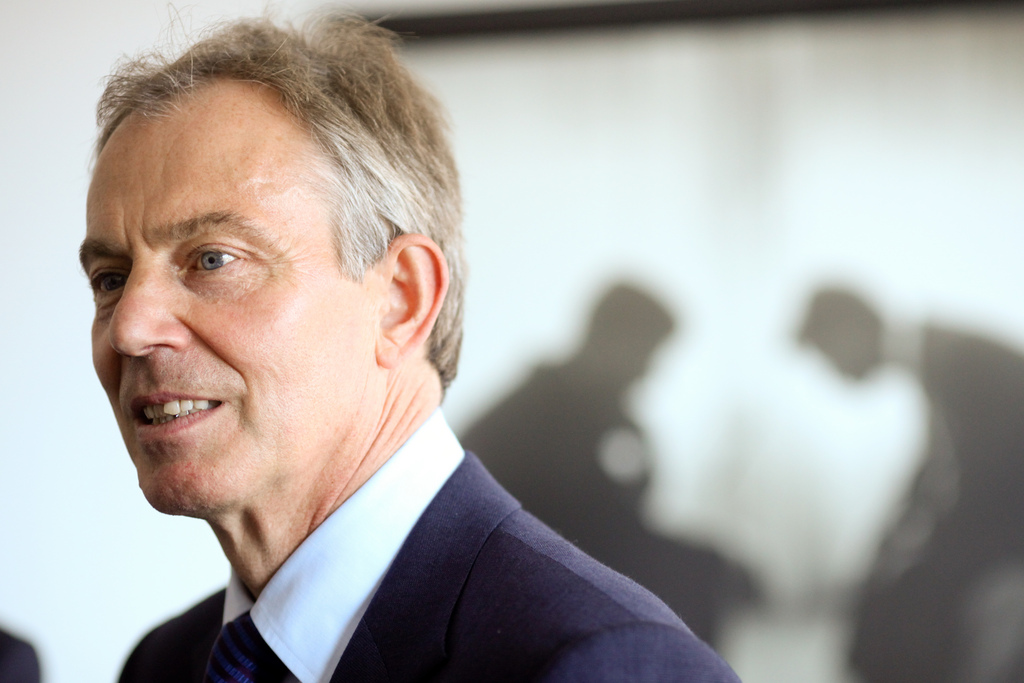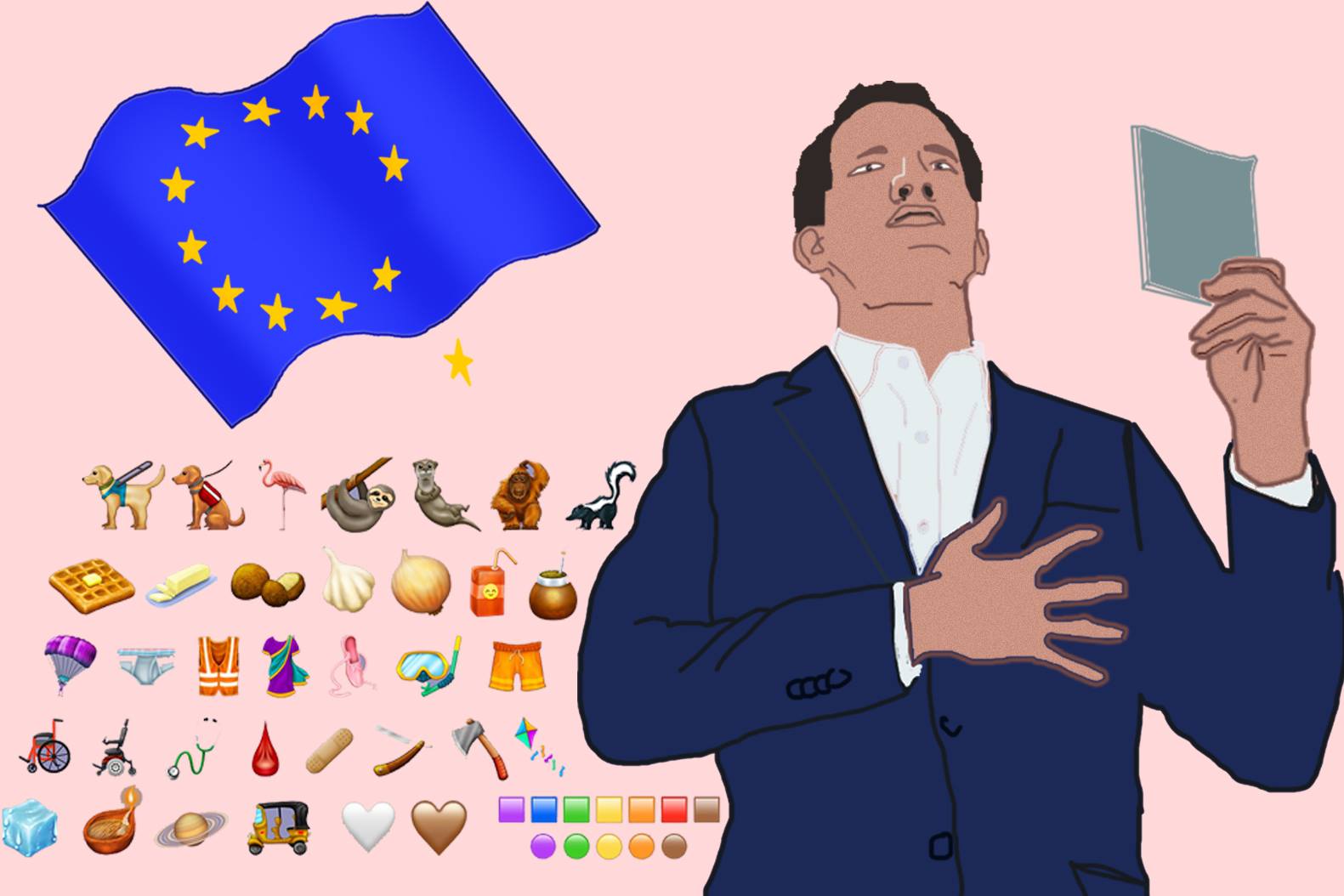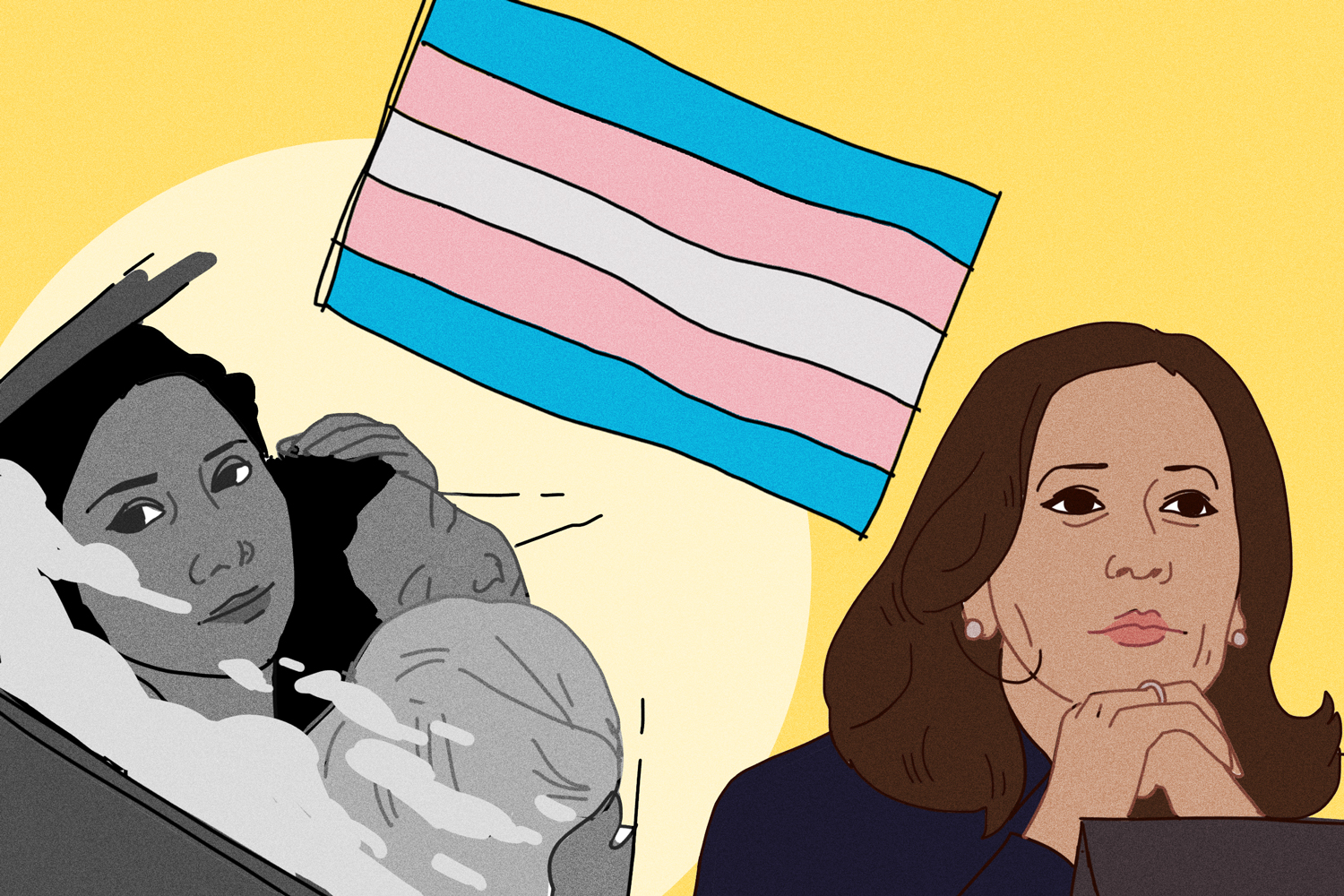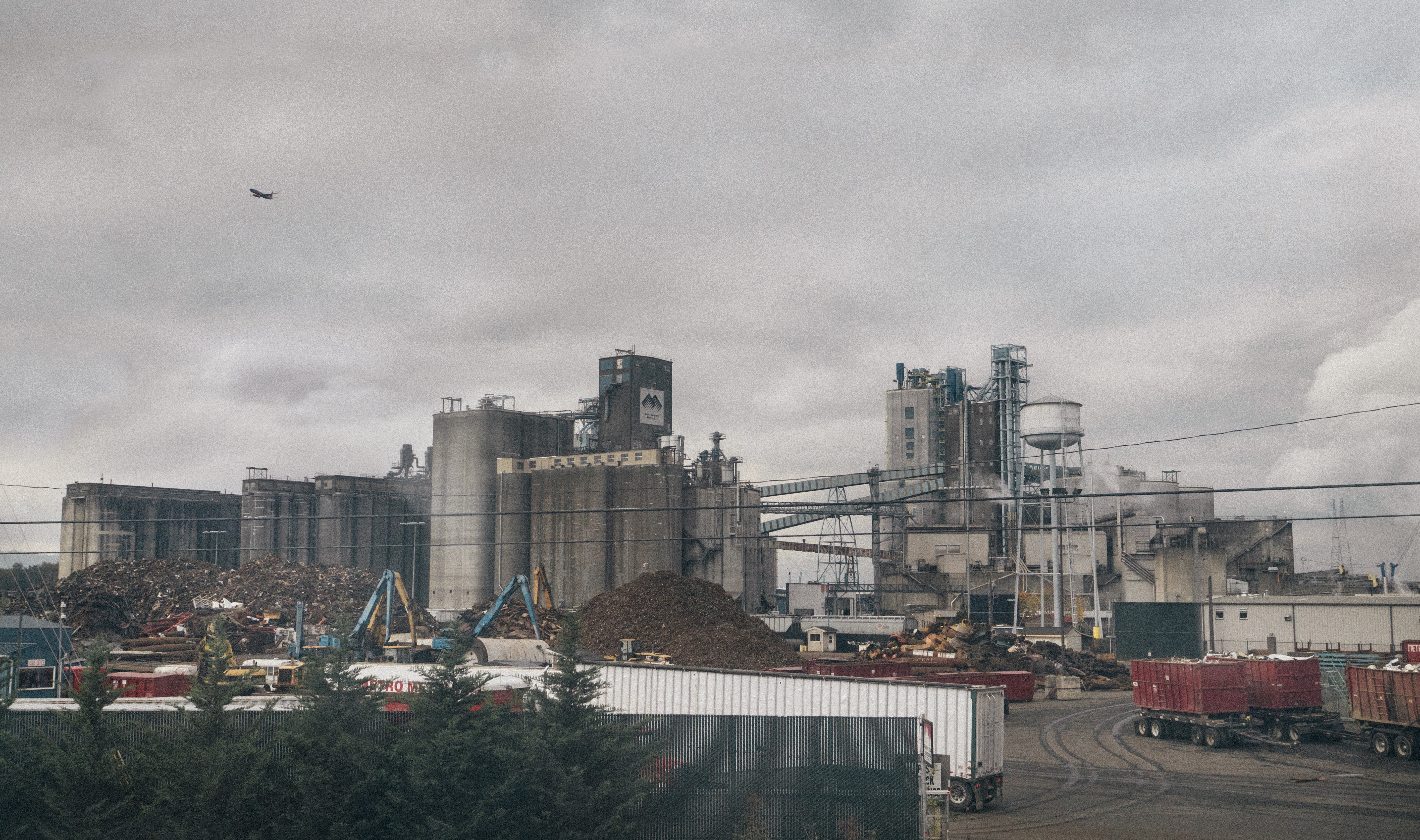
‘Love Actually’ and Brexit
Admittedly, I hadn’t seen Love Actually until very recently. Criminal, you might say. But, unspoiled by any childhood viewing as it was, I was able to grapple with it fresh from a 2017 perspective. Because of the nine overlapping plotlines, I found it hard to properly engage with any of the individual stories. Instead, I was more interested in the stark differences between the contemporary Britain that I know and live in, and the ruins of director Richard Curtis’ cosy, early-millennial Britain that were playing out on my TV screen.
In 2003, Tony Blair’s New Labour government was enjoying its seventh year in power, after having comfortably won its second general election in 2001. The economy was growing, living standards and opportunities were increasing, and the afterglow of the Britpop and Cool-Britannia eras ensured that British artists and films were enjoying success at home and abroad. Relations with America were warm (Blair and Bush leading the ‘Coalition of the Willing’), and there was great optimism in Europe, where the Euro was finishing its first year in circulation. Looking back on it from now, it’s easy to see 2003 as a blissful year.
Love Actually captures this mood and serves it in distilled form. Within the first ten minutes of the film, we see a montage of busy London shopping streets, a flattering view of the Houses of Parliament and the London Eye, before witnessing novelist Jamie (Colin Firth) leave his upmarket London residence to attend a wedding. We’re next shown Daniel (Liam Neeson) calling his friend Karen (Emma Thompson) from his Scandinavian furnished sunlit office, then cutting to the lively, mid-morning bustle in the office of Harry’s (Alan Rickman) architecture firm. All set to a feel-good, upbeat track featuring Christmas bells, it’s a great advert for the sophisticated and service-based economic utopia that Britain was striving for in 2003. With the opening montage finished, it was clear that I was witnessing some past version of Britain.
Still within the first ten minutes, the good-looking, youthful Prime Minister (Hugh Grant) steps out from his motorcade and walks to Number 10, graciously acknowledging the cheering crowd with a playful grin. The resemblance to Blair, who was the youngest British PM in nearly 200 years when elected, isn’t hard to see. “How do you feel, Prime Minister?” “Cool. Powerful.” replies Grant. I’m pretty certain that Theresa May has felt neither ‘cool’ nor ‘powerful’ at any point since becoming PM in July, especially since her recent, uncomfortable liaising with President Trump.
Given the past few years, it’s easy to understand why watching Love Actually ignited such nostalgia in me. After the ’08 financial crisis, the England riots of ’11, and the divisions accentuated by the Scottish independence and EU referendums, the optimism of Love Actually’s chic Britain is now utterly gone. Arguably, 2003 was a lot simpler than 2017. Politically, culturally and economically, Britain seemed to be moving in a very good direction, even if opposition to the new Iraq war was beginning to stir. The film’s final scene at Heathrow airport enshrines this. The characters return happy and energized from their trips abroad, and are lovingly greeted by friends and relatives at the arrivals lounge. Jamie (Colin Firth) returns with his new wife from Portugal, and Colin (Kris Marshall) arrives home with an entourage of attractive American women. For those characters, they go abroad as Britons in a position of strength. Their travels are rewarding and un-politicised. In 2003, why would it be any different?
Compare this vision to the nightmarish theme-park of a reality that the Trump administration has thrust us into today. Maybe try asking yourself how we got from the pinnacle of Anglo-American stability in recent times (the rock on which Love Actually builds its house), to the President of the United States wantonly banning Muslims from a random assortment of origins across the world, including British green card holders, from entering his country. Couple this with the loud demands from the British public that the President be banned from embarking on his state visit to the UK and you may get some indication of how far off course we have veered.
Around the middle of the film, in a ridiculous scene, the Prime Minister (Grant) calls out the US President (Billy Bob Thornton) for his bullying diplomacy. Justifying his argument that Britain needn’t pander to larger countries, he gives an amusing list of British national treasures, beginning with Shakespeare and The Beatles before moving on to contemporary noughties phenomena such as Harry Potter and “David Beckham’s left foot”. The triviality of these suggestions is quite funny, especially when the film attempts to place them in a serious, diplomatic context. However, somehow, Love Actually manages to get away with it. With no dark backdrop to accentuate them, lightweight assets such as Harry Potter and David Beckham seem to function as sources of genuine national pride and reassurance.
If Love Actually’s POTUS warranted such powerful rebuke for stiff diplomacy, can you imagine what Hugh Grant’s 2003 Prime Minister might have said to Donald Trump? More depressingly, can you imagine what Theresa May, 2017’s Prime Minister, did actually say to Donald Trump when she became the first foreign leader to visit him in office? A man who gloated on tape about the ease with which he grabs women “by the pussy”, and the British Prime Minister is powerless to comment. You know it’s bad when Hugh Grant handles political negotiations better than Theresa May. But I suppose, after all, we really could do with that trade deal at the moment.
Love Actually’s cast of moneyed, liberal, romantic characters are fitting heroes of the New Labour Britain which they emerged from. Their lives, consisting mostly of being professionals and romantics in London, are, obviously, idealised and advertise the premium lifestyle on sale in Britain at the time. Of course, this ideal is still reachable for some. There are still plenty of liberal novelists and architects in London earning a great living. But now, with the re-vitalized push for Scottish independence, and the reality of a hard Brexit looming, the scope of Britons which that is available to is substantially threatened. Thank you, Love Actually, for rubbing it in how good you had it.
photo: flickr creative







